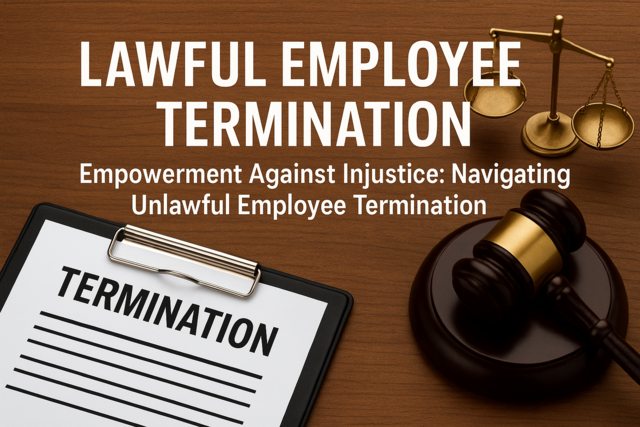Purchasing and Vendor Management 101
Master the Art of Strategic Buying and Supplier Success

2 Hours average completion time
0.2 CEUs
7 Lessons
13 Exams & Assignments
32 Discussions
7 Videos
15 Reference Files
59 Articles
Mobile Friendly
Last Updated December 2025
Unlock the Power of Effective Supply Chain Management: A Comprehensive Guide to Purchasing and Vendor Relations
In the dynamic realm of today's business world, the function of Supply Chain Management (SCM) plays a pivotal role in steering the economic ship of many organizations. At the heart of this intricate network lies the institutional purchasing cycle--a sophisticated dance of acquiring consumable materials, raw materials, spare parts, and capital assets. This expansive course delves deep into the nuances of this cycle, offering participants a holistic view of the intricate cogs that power the supply chain machinery.
One of the central themes we'll unravel is the intricate tapestry of supplier/buyer relationships. These relationships, when harnessed correctly, can become a bedrock of organizational success. However, like any crucial partnership, it demands a keen understanding of the balance between rights and responsibilities, opportunities and pitfalls. We'll illuminate the unparalleled advantages of proficient vendor management systems while simultaneously spotlighting the hazards of systems that miss the mark.
As we venture deeper into the course, participants will gain insights into the symbiotic relationship between SCM and other pivotal organizational functions. This exploration will underscore the hidden value proposition that a meticulously crafted purchasing and vendor management system can infuse into an enterprise's financial health. Using real-world case studies, we'll dissect how variations in vendor product quality have historically influenced both monumental performance gains and debilitating losses--instances that can make or break an organization's financial trajectory for multiple fiscal periods.
Furthermore, the course will offer a panoramic view of diverse purchasing and vendor management philosophies. This panoramic lens will allow participants to appreciate the myriad management systems available, helping them harness tools that promote data-driven decisions. These decisions, in turn, can catalyze the optimal functioning of the SCM realm.
But what's the endgame? Upon culmination, participants won't just be passive recipients of knowledge; they'll emerge as empowered decision-makers. Equipped with a robust toolkit, they'll be poised to make data-driven purchasing decisions with conviction. They'll possess an enriched understanding of how their choices in purchasing and vendor affiliations ripple through the organization's very fabric. Most importantly, they'll be champions of change, driving bottom-line enhancements through their sharpened expertise in Purchasing and Vendor Management.
Join us on this enlightening journey and redefine your organization's purchasing prowess, ensuring that every link in your supply chain not only holds but thrives.
- Adaptability in supply chain management
- Cultural alignment in vendor management
- Long-term investment impact analysis
- Negotiation for sustainability
- Ethical purchasing standards
- Asset management strategy
- Vendor relationship optimization
- Strategic procurement alignment
- Data-driven decision-making
-

Debt Reduction
-

Workplace Violence: A Guide to Responding and Preventing
-

Workplace Sexual Harassment in the #MeToo Era
-

Business Math 101
-

Understanding Financial Statements
-

Investing 201: Intro to Commodity, Options, and Futures Markets
-

Business Ethics
-

Sustainable Development for Business
-

Management Consultant 101
-

Financial Analysis 101: Planning and Control
-

QuickBooks Online
-

Product Management 101
-

Behind the Paycheck: Mastering Payroll Systems
-

Business Credit 101
-

The Art of Setting Goals
-

Goal Setting for Business
-

Investing 101: Stocks, Bonds, and Mutual Funds
-

Personal Finance 101: How to Manage Your Money
-

Write to Win: Secrets of Persuasive Writing
-

Creative Thinking Skills
-

Lawful Employee Termination
-

QuickBooks 101
-

Ultimate Secretary Training Bundle
-

Kaizen 101 - An Introduction
-

Accounts Receivable Training